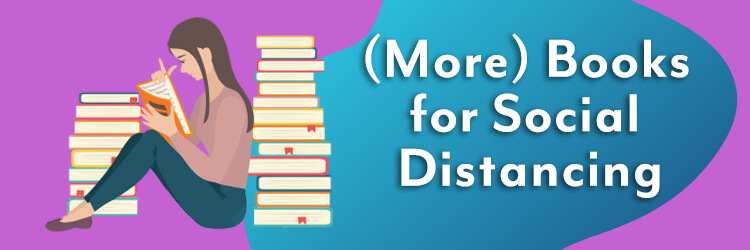[vc_row][vc_column][vc_column_text]Even as some states lift stay-at-home orders, public health experts recommend we continue social distancing. If you’re getting sick of screens, there are always books! Below are some more books—in addition to the ones we recommended here and here—about mental health, addiction and recovery.[/vc_column_text][/vc_column][/vc_row][vc_row][vc_column][vc_custom_heading text=”Dear Friend, from My Life I Write to You in Your Life by Yiyun Li”][/vc_column][/vc_row][vc_row][vc_column][vc_column_text]Li wrote this book as she was experiencing suicidal depression. It’s an organized stream-of-consciousness that flows in and out of memories, discussions of books that have influenced Li’s thinking on mental health, and life philosophies. It reads like being inside a person’s brain as they try to make sense of why life is worth living. This is not an uplifting book—at least, not immediately. But the reason Li writes about books is because she finds meaning in stories. That meaning becomes a powerful reason to stay around. As she quotes in a letter from her friend Trevor, “Stories are a hope, and often they obligingly answer questions.” 











